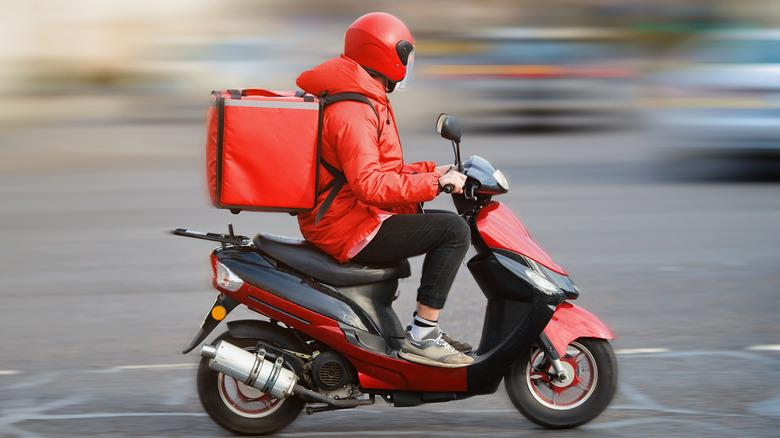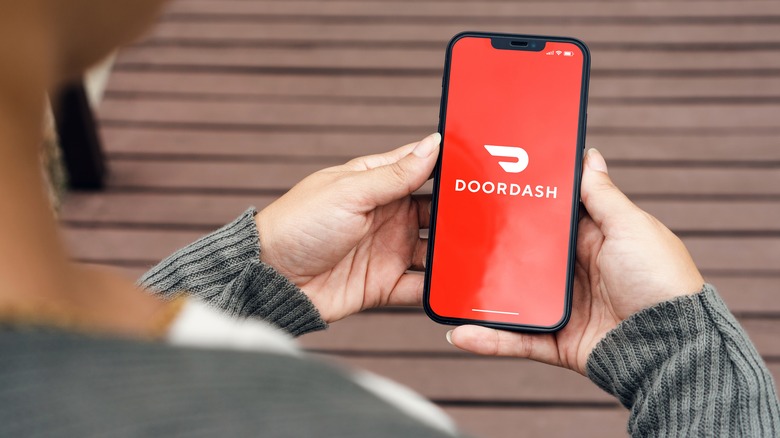How DashPass Saved DoorDash From Inflation
After struggling through two years of difficult operating environments brought on by the pandemic, much of the restaurant and food service industry is now battling against inflation. The costs of food, and gas have risen dramatically in the last year, and many companies are forced to make hard decisions to get by.
The latest data from the Consumer Price Index has shown that inflation for food costs has only continued to get worse, even amid higher interest rates that are designed to slow inflation. According to GOBankingRates, the cost of eating out rose 7.4% from May 2021 to May 2022. This is the highest recorded increase for that data since 1981.
For food delivery services like Grubhub, DoorDash, Uber Eats, and GoPuff these rising costs are also compounded by the rising costs of gas. GoPuff recently laid off 1,500 employees in an effort to streamline their operations, according to Grocery Dive. Despite these struggles, DoorDash recently released strong quarterly results that helped boost its stock value by 18% (via CNBC).
DashPass helped offset consumer costs
According to DoorDash's second quarter financial results for 2022, despite the fact that food costs have been on the rise, it has been able to grow its revenue by 30% compared to the same period last year. The report details that DoorDash's merchant prices have risen in accordance with the rate of inflation. But, because DoorDash obtains a percentage of the total meal cost, this has actually aided its revenue stream.
Of course, if people are using the app less to save money, this would have a large impact. Instead, DoorDash's total number of orders actually grew 23% compared to the same period last year. It attributes this successful display of consumer loyalty to its subscription service DashPass. Dashpass is a $9.99 monthly subscription that eliminates the delivery fee for orders over $12.
"Q2 was the second largest period for DashPass net additions in the last eight quarters. The steady growth in DashPass over the last year has helped drive a reduction in average consumer fees per order," read the report. It says that this fee reduction has helped offset the impact of higher-order costs.
CNBC notes that DoorDash also spent more than $40 million in gas savings and mileage-based bonus payments to help its drivers pay for the high cost of deliveries.

